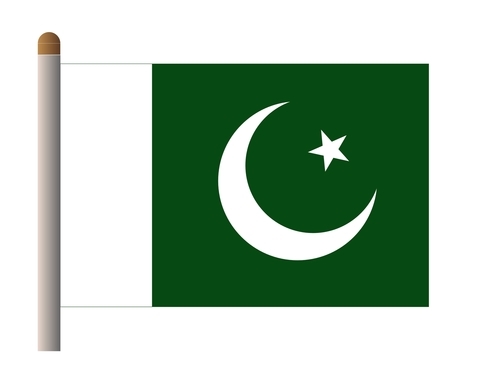Malala Yousafzai
Even though many people associate the fight for human rights with the 20th century, it is still a serious modern problem. In recent years, several advocates have campaigned for the education of young women in particular. A good example is Malala Yousafzai.
She became the youngest person to ever win the Nobel Peace Prize. This Pakistani woman has inspired a generation of women thanks to her brave story. It was covered by media outlets such as the Guardian and drew attention to Taliban oppression within her country.
Today she is known mononymously as Malala. She grew up in Swat Valley within Khyber Pakhtunkhwa. Girls were sporadically banned from school while the Taliban were in power. Her family were focused on educational activism and ran several schools within the local region. Malala was inspired by Benazir Bhutto and Muhammad Ali Jinnah at a young age. She cited them as crucial role models.
From the ages of 11 and 12, she wrote a BBC blog detailing what life was like during Pakistan’s Tehrik-i-Taliban occupation. A year later, a documentary was made about her. The activist Desmond Tutu nominated Malala for the International Children’s Peace Prize.
Her story gained even more attention after an assassination attempt. While riding on a bus in October 2012, she was shot in the head by gunmen in retaliation for her human rights activism. Malala survived after being transferred to Birmingham, UK, for treatment. The shooting led to an increased outpouring of support for her cause. Today Malala Yousafzai is considered one of the most influential living individuals for promoting education rights and feminism. She continues to give public speeches to help spread her message.

